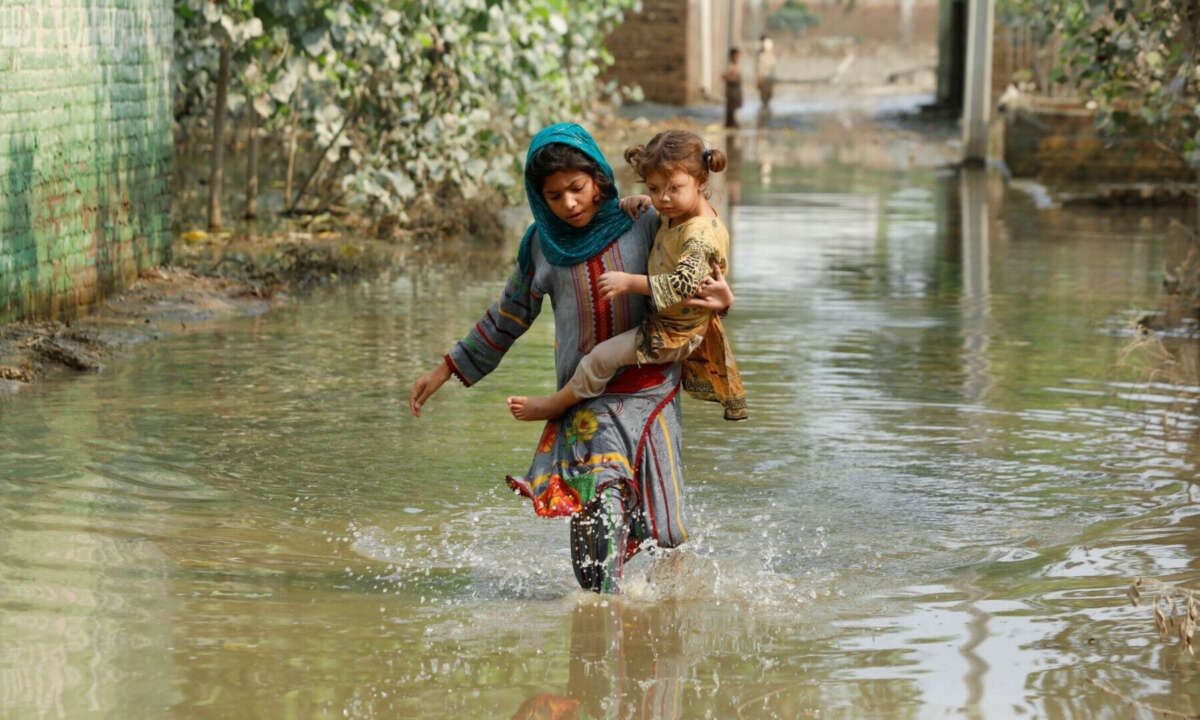Pakistan experienced its wettest April in over six decades, with rainfall recorded at 59.3mm (2.3 inches), significantly surpassing the normal average of 22.5mm (0.9 inches), according to the meteorology department’s monthly climate report released late on Friday. The southwestern province of Balochistan witnessed the highest rainfall, recording a staggering 437 percent more than the average.
Tragically, at least 144 people lost their lives in thunderstorms and house collapses caused by the heavy rains in April. The most substantial death toll occurred in the northwestern Khyber Pakhtunkhwa province, where 84 people, including 38 children, perished, and over 3,500 homes sustained damage.
While many parts of Asia grapple with scorching heatwaves, Pakistan experienced a national monthly temperature for April of 23.67 degrees Celsius (74.6 degrees Fahrenheit), 0.87C lower than the average of 24.54C, as reported. “Climate change is a significant factor influencing the unpredictable weather patterns in our region,” stated Zaheer Ahmad Babar, spokesperson for the Pakistan Meteorological Department, regarding the report.
In 2022, torrential downpours led to swollen rivers and widespread flooding, affecting a third of Pakistan and resulting in 1,739 fatalities. The floods caused $30 billion in damages, and Pakistan is still in the process of rebuilding. Balochistan experienced rainfall 590 percent above average that year, while Karachi saw a staggering 726 percent increase in rainfall compared to the usual. “The flash floods caused extensive damage to vast areas of crops, particularly the wheat crop, which was ready for harvest,” noted the United Nations humanitarian agency OCHA in a recent report. “This has led to significant economic losses for local farmers and communities, compounding the losses from rain-related incidents,” it added.
In addition to the extreme rainfall, parts of Pakistan have also been affected by heatwaves and severe air pollution, issues that experts believe are worsened by insufficient infrastructure and ineffective governance.
“Climate change-related incidents occur almost every year now, and yet we seem ill-prepared,” remarked environment lawyer and activist Ahmad Rafay Alam to the AFP news agency. “It is the duty of both our provincial and federal governments to prioritize climate relief and mitigation measures. However, their attention seems primarily directed towards political concerns,” Alam emphasized.









